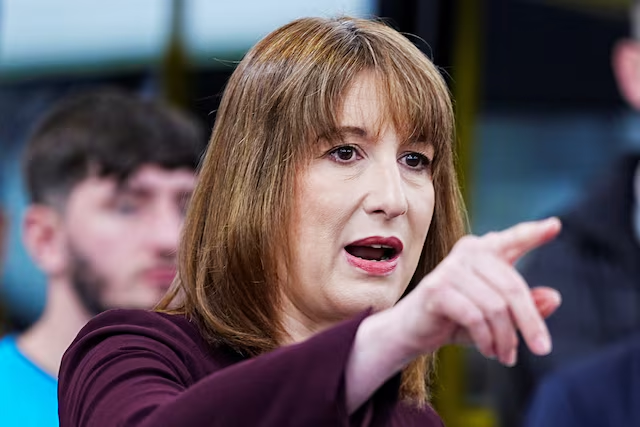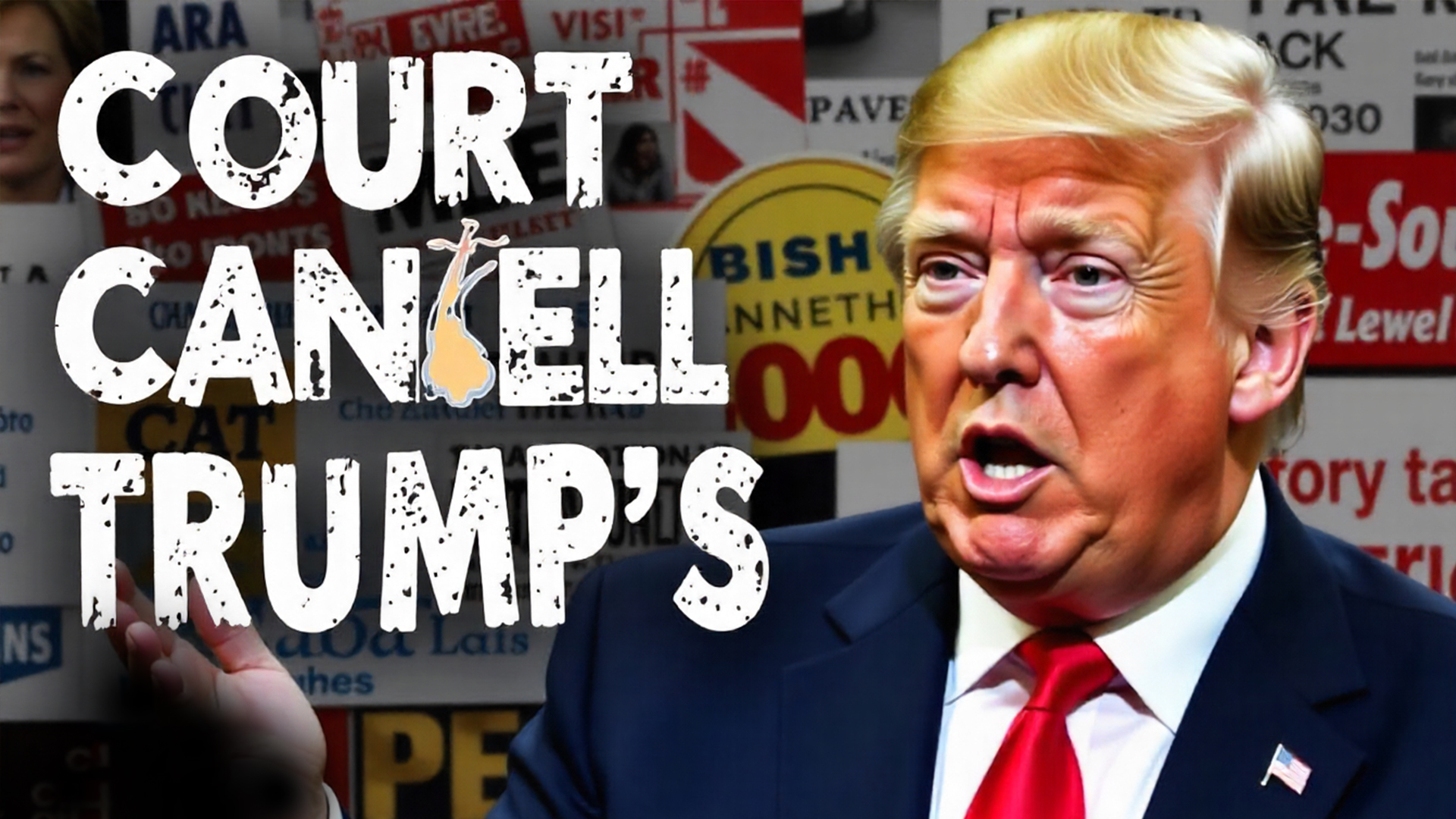Once a global economic powerhouse, the United Kingdom now faces a series of challenges that have led some observers to liken its current state to that of a developing nation. From rising poverty rates to strained public services, the UK’s socio-economic landscape is undergoing significant strain.
The Canadian Economy: Is It Taking a Hit from OPEC’s Oil Shock?
1. Escalating Poverty and Inequality
Recent reports indicate that poverty in the UK has reached unprecedented levels. The Social Metrics Commission’s 2024 report revealed that 16 million people are living in poverty, including 5.2 million children. This marks the highest rate of poverty in the UK this century. 1|2|3
Notably, 36% of children are now living in poverty, a figure that has risen sharply in recent years. Families with three or more children are particularly affected, with 45% of such households experiencing poverty. 4
2. Strained Public Services
The UK’s public services are under immense pressure. The National Health Service (NHS) has seen its budget increase to over £230 billion, accounting for 41% of all departmental day-to-day spending. While this reflects a commitment to healthcare, it also means other services, such as policing and local councils, face budget constraints. 5
Infrastructure projects and public amenities have suffered from years of underinvestment, leading to deteriorating conditions and reduced public satisfaction.
3. Economic Stagnation and Deindustrialization
The UK’s economy has experienced stagnation, with productivity levels remaining largely flat since 2007. Deindustrialization has led to the decline of traditional industries, and many new jobs offer low wages or require high skill levels that displaced workers may lack. 6
This economic shift has contributed to regional disparities and a sense of economic disenfranchisement among certain populations.
4. Cost-of-Living Crisis
The UK is grappling with a cost-of-living crisis exacerbated by global factors such as the COVID-19 pandemic and geopolitical tensions. Inflation has outpaced wage growth, leading to real-term income reductions for many households.7
Essential expenses, including energy and food, have become increasingly unaffordable for a significant portion of the population, pushing more families into financial hardship.

Chancellor of the Exchequer Rachel Reeves delivers a speech during a visit to Mellor Bus in Rochdale, Greater Manchester, to announce a multi-billion-pound boost for city transport in the North and the Midlands. Picture date: Wednesday June 4, 2025. Peter Byrne/Pool via REUTERS/File Photo
5. Political Challenges and Policy Responses
The UK’s political landscape is marked by debates over fiscal policy and public spending. Chancellor Rachel Reeves’ upcoming spending review aims to allocate over £2 trillion across government departments, with a focus on capital investment. 8
However, balancing investment with fiscal responsibility remains a challenge, especially given the need to address immediate social issues and long-term economic growth.
Conclusion
The convergence of rising poverty, strained public services, economic stagnation, and political challenges paints a concerning picture of the UK’s current trajectory. Addressing these issues requires comprehensive policy reforms, targeted investments, and a commitment to social equity to prevent further decline and to restore the nation’s socio-economic health.
Sources
- wpieconmoics ↩︎
- jrf.uk ↩︎
- socialmetrics ↩︎
- theguardian ↩︎
- thetimes ↩︎
- churchtimes ↩︎
- UK Parliament ↩︎
- Reuters ↩︎





